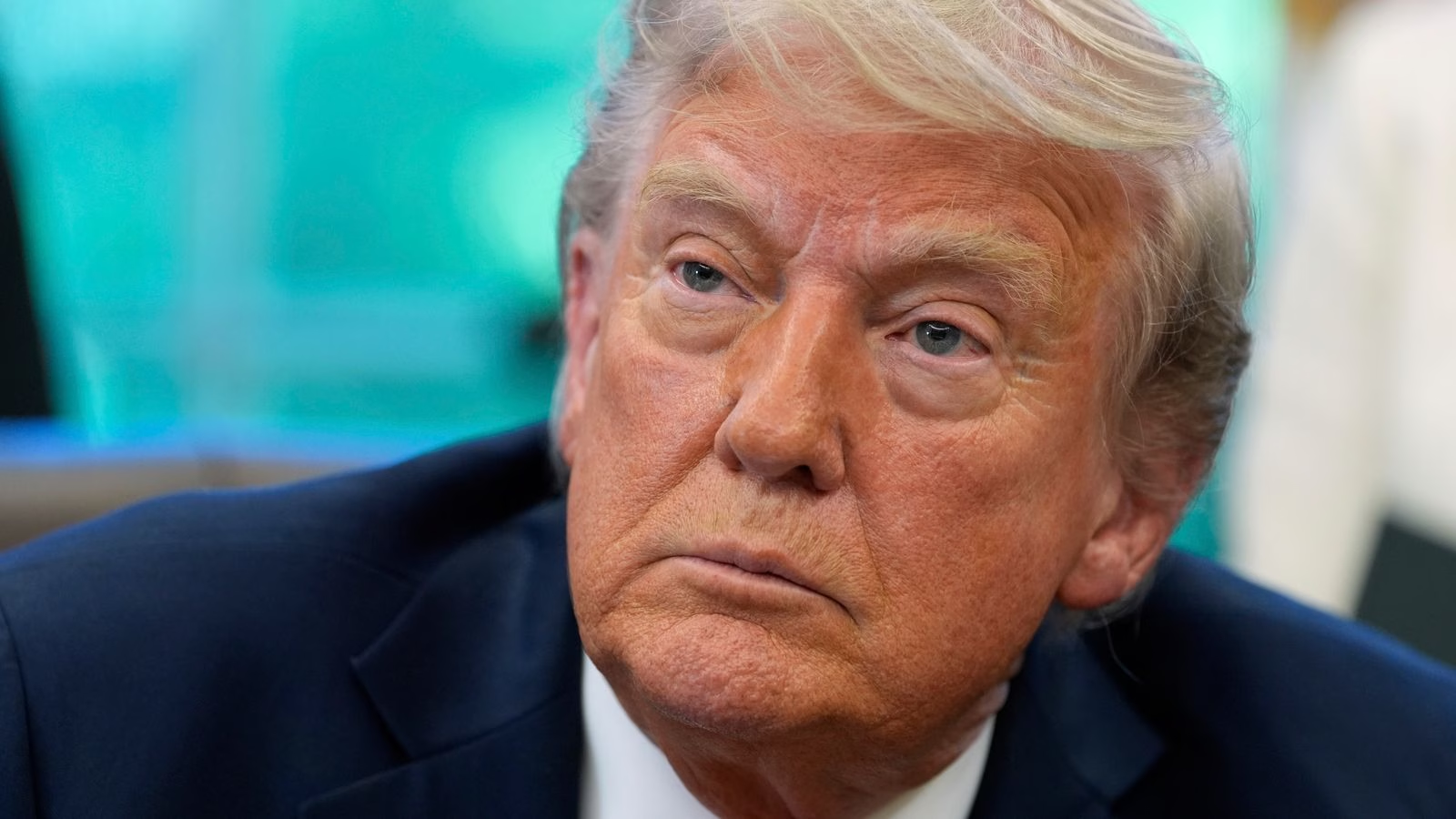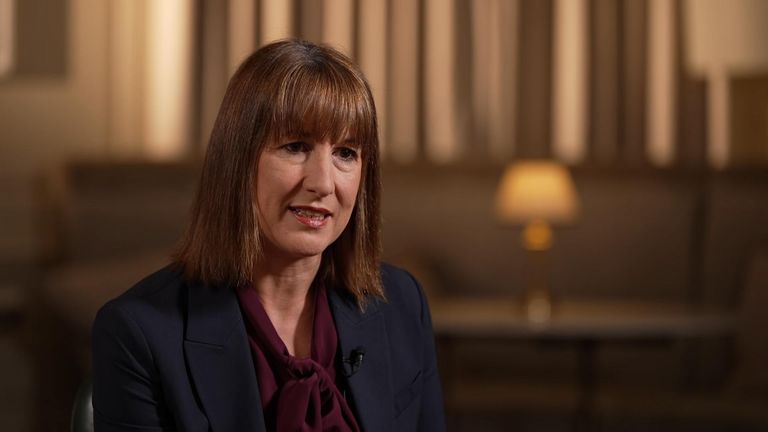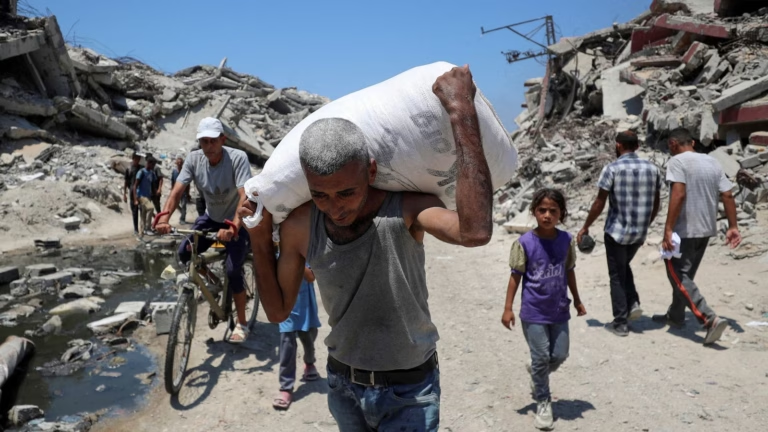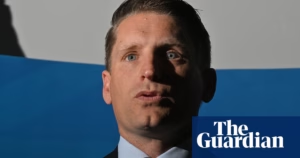First he took the US on a collision course with China. Then he came for the rest of the world.
He crashed into the financial markets and now Donald Trump has been gently tapping on the brakes all week.
The world’s economic policymakers have been on quite the journey over the past few months.
Many of them will have felt a little queasy as they got off the plane in Washington DC for the International Monetary Fund’s (IMF) annual spring meetings.
This was their opportunity to talk. To strategise, strengthen alliances and figure out their next move.
Rachel Reeves was in the mix. While all the focus has been on a US-UK trade deal – and she is due to meet her US counterpart on Friday – the chancellor was also here to meet her G7 and G20 allies.
Countries across the world are eager for Mr Trump to reduce his tariffs but they are also looking to each other, reflecting on how the world might look in the future and whether the US is a reliable long-term partner.
Paschal Donohoe, Ireland’s finance minister and president of the Eurogroup, told Sky News that Ireland, a highly US-orientated economy, was diversifying.
“What I think is very possible is the structure of that globalisation could begin to change,” he said.
That changing structure might include a rejection of China’s decades-long model of export-led growth.
Poor countries across the world have taken a similar approach to development but the US Treasury secretary said on the sidelines of the IMF on Wednesday that it was “absurd” for multilateral institutions to continue treating China like a developing economy.
He called for a “rebalancing”.
There is a recognition among world leaders that some of Mr Trump’s grievances are reasonable.
They believe his approach is the wrong one but in interviews they are now talking about the negative consequences of trade imbalances and globalisation – the impact on communities and the undercutting of wages.
Ms Reeves took it one step further. On Wednesday, the Treasury announced plans to tackle the dumping of cheap goods into the UK – no doubt aimed at China.
She announced a review of the customs’ treatment of low-value imports.
Kristalina Georgieva, the IMF’s managing director, spoke of an erosion of trust between countries, and “concerns about the uneven distribution of gains from economic integration, its impact on the international division of labour, supply chain security, and global imbalances”.
So, Mr Trump has got policymmakers to shift their priorities.
At the very least, he has brought a long-simmering issue to the boil. The world is thinking differently about China now.
The US is also showing signs that it’s thinking differently. After a bruising showdown with the bond markets, Mr Trump has rowed back on his liberation day tariffs.
The administration has softened its language, saying it wants reform and to work with institutions.
The president said tariffs could come down substantially on China.
However, a lot of damage has already been done – not only his erratic tariffs policy, but also his attack on institutions, including the US Federal Reserve.
The world is now thinking differently about the US too, as are the markets.
Investors normally dive into US assets – government debt and the dollar – during times of turmoil, but Mr Trump’s pronouncement has caused traders to do the opposite.
There are signs that the world is losing faith in the US’ ultimate safe haven status.








